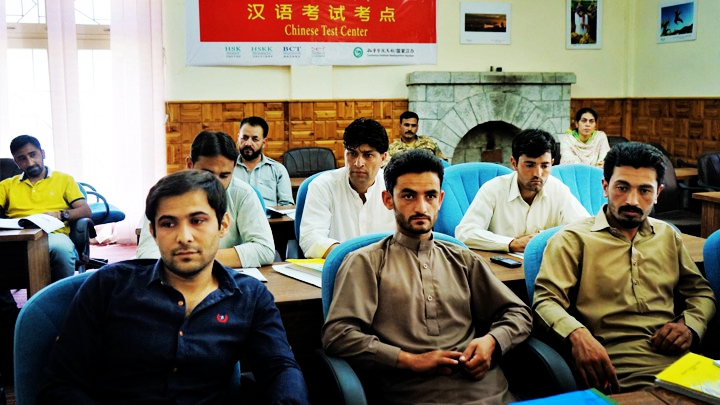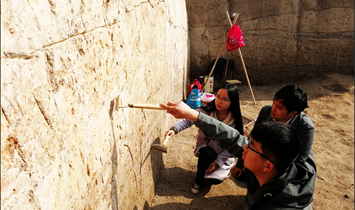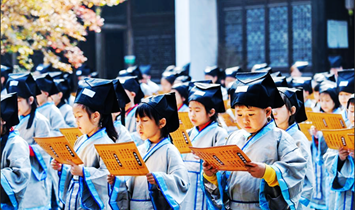Nowadays, many young Pakistanis are already investing in the language skills to capitalize on future job opportunities with the Chinese. “Chinese has become as important as English to learn,” Sherullah Baig, a student in Gilgit, told me.

In many countries along the BRI, China’s rising economic influence has provided it with an opportunity to exercise soft power through the dissemination of Chinese language and culture. In Thailand, Mandarin language education has seeped into universities, vocational institutes, the Royal Palace Secretariat, and even the immigration bureau. In Pakistan, the growth in Mandarin-language learning has been fueled by direct funding from the Chinese and Pakistani governments, as well as a mushrooming cottage industry of private teachers and institutes claiming to provide “the Chinese edge.”
 丝路来华(北京)教育科技有限公司
丝路来华(北京)教育科技有限公司 Array
Array
 English
English Deutsch
Deutsch Tiếng Việt
Tiếng Việt 한국
한국 ภาษาไทย
ภาษาไทย Pусский
Pусский Español
Español Français
Français 中文简体
中文简体

